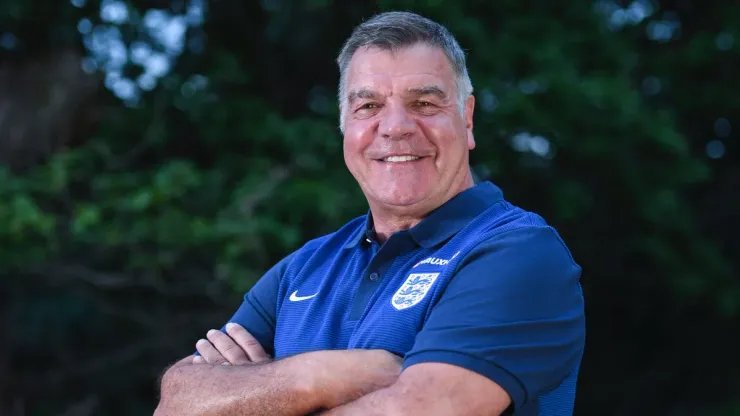After the disappointment of Euro 2012, World Cup in 2014 and Euro 2016, Roy Hodgson’s position as England manager had become untenable. If anything, he had been given too long a rope. The team’s tactics were confused and difficult to fathom. Plus difficult selection questions, such as what to do about Wayne Rooney, were repeatedly dodged.
At first glance, Hodgson’s replacement, Sunderland manager Sam Allardyce, is a similarly underwhelming appointment. As with Hodgson, Allardyce has mainly managed underdog teams, setting them up to avoid defeat and relegation over 38 game seasons. While both have been broadly successful at these efforts, Allardyce famously never having been relegated from England’s top-flight, international football is a different beast.
Teams will not treat England like Sunderland. The vast majority of opponents at tournaments have even more limited squads than England, and will sit deep and wait to be broken down. England sitting deep and waiting to break on the counter will not work against them. People point to Portugal’s unlikely triumph in the most recent Euros as an example of how defensive football can achieve victory, but they forget to mention that every other champion since the turn of the century has won major international tournaments with proactive, fluid soccer.
In international football, there are no transfer windows to buy strikers. There is no time to work with players on offensive patterns.
Hodgson and Allardyce teams are dire offensively at the best of times. Without day-in day-out coaching, fluent attacking play will be almost impossible to achieve.
There are a few myths about Allardyce, enhanced by his temperament in interviews and the style his teams play with. He is actually a very forward thinking manager, one of the first to embrace modern data analysis methods and Prozone. Specifically, he is a big fan of POMO (Position of Maximum Opportunity). It is the position on the field where a player has the best chance of scoring in specific situations. Obviously this works best when applied to set pieces, and logically then Allardyce made his teams set-piece focused.
One of the main worries regarding Hodgson was also how he fell-out with a lot of his Liverpool players due to his training methods and tactics, which did not suit players who thought themselves as top quality. Daniel Agger was very vocal about how Hodgson’s methods did not suit a top side, who were used to playing with the ball. Allardyce, despite his stubbornness, seems to have a way of getting on with players under his remit. Ivan Campo would not have swapped Real Madrid for Bolton if Allardyce was not persuasive, similarly French legend Youri Djorkaeff from Kaiserslautern and Nicolas Anelka.
Before the appointment, England’s players were apparently underwhelmed by the choice of English candidates and preferred the appointment of a foreign manager, but they’ve ended up with the most English of managers. Allardyce is meticulous in his preparation, stubborn, and sharper than most give him credit for, but it is doubtful that he can reverse the national team’s fortunes.
200+ Channels With Sports & News
- Starting price: $33/mo. for fubo Latino Package
- Watch Premier League, Women’s World Cup, Euro 2024 & Gold Cup
The New Home of MLS
- Price: $14.99/mo. for MLS Season Pass
- Watch every MLS game including playoffs & Leagues Cup
Many Sports & ESPN Originals
- Price: $10.99/mo. (or get ESPN+, Hulu & Disney+ for $14.99/mo.)
- Features Bundesliga, LaLiga, Championship, & FA Cup
2,000+ soccer games per year
- Price: $5.99/mo
- Features Champions League, Serie A, Europa League & Brasileirāo
175 Premier League Games & PL TV
- Starting price: $5.99/mo. for Peacock Premium
- Watch 175 exclusive EPL games per season






